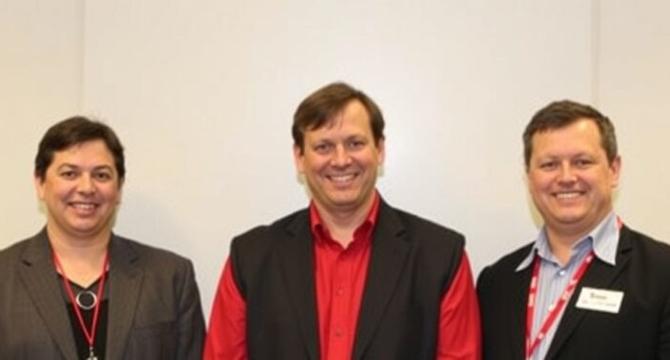Bioengineer
2w
294

Image Credit: Bioengineer
Texas Tech Faculty Honored with Prestigious International Engineering Research Award
- Changzhi Li from the Edward E. Whitacre Jr. College of Engineering at Texas Tech University has won A F Harvey Engineering Research Prize funded by £350,000 to advance the boundaries of non-contact health monitoring technologies with an aim to improve individual well-being through innovative approaches in biomedical radar technology.
- Li's work focuses on low-cost radar sensors designed to facilitate non-invasive health monitoring, primarily targeting critical physiological metrics such as respiration and heartbeat.
- Li's radar technology can improve diagnostics for prevalent medical conditions, including sleep apnea and sudden infant death syndrome, presenting a non-intrusive alternative to conventional monitoring.
- Li's groundbreaking approach to radar sensors could advance wireless sensing technology, contributing to the fabric of societal health systems that could pave the way for routine, non-contact health assessments, promoting a culture of preventive care.
- Li aims to explore solutions that improve the extraction of reliable signals, thereby achieving clearer and more actionable health assessments that could substantiate the foundations for the next generation of biomedical applications that utilize both radar technology and artificial intelligence.
- Li will be participating in a keynote lecture organized by the IET on March 26, where he will discuss his groundbreaking work and engage with an audience eager to learn more about the future of radar technology in biomedicine.
- Li's research group will embark on a five-year intensive investigation into developing what he terms “compound-eye radio frequency vision technology”, aiming to refine low-power microwave sensing techniques that can monitor essential physiological data remotely.
- Li's research stands at the forefront of innovation, bridging the gap between engineering ingenuity and user-friendly healthcare solutions that can be utilized across populations in society.
- The grant acknowledges Li's exceptional work and empowers him to explore innovative approaches in biomedical radar technology that promise potentially life-saving applications.
- Li's work promises to create more sophisticated human-machine interfaces that rely on radar technology, facilitating touch-free interactions that can enhance user experiences in a multitude of sectors including healthcare and energy management.
Read Full Article
17 Likes
For uninterrupted reading, download the app